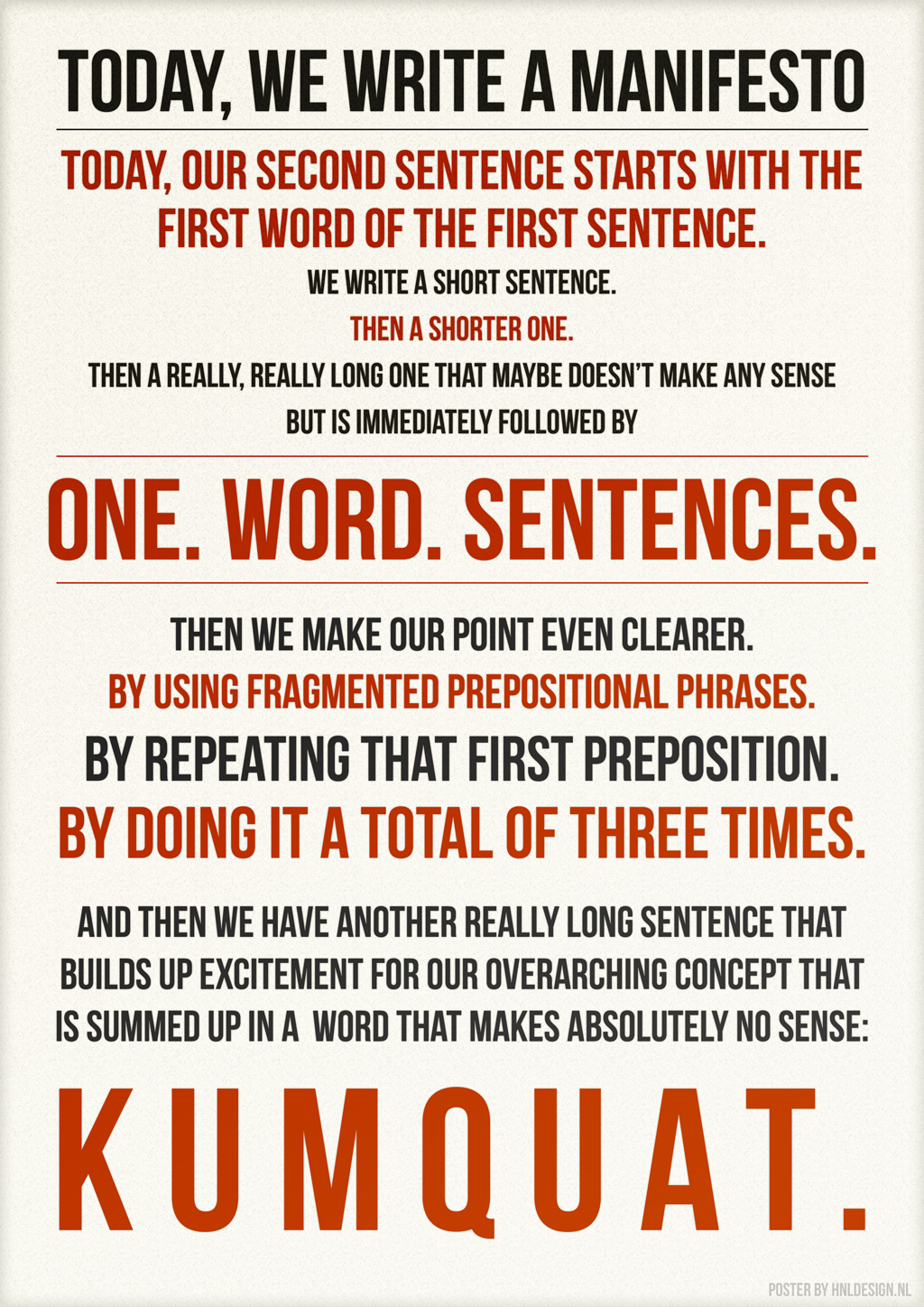Please don’t ask me to defend the shameful lowlands of the way I’m drifting gloomily through the weekend.
Finding your own consciousness through writing.
Remembering ‘Crash’, the worst winner of Best Picture.
Why auction houses are looking for sneakers.
The most efficient way to destroy the universe:




